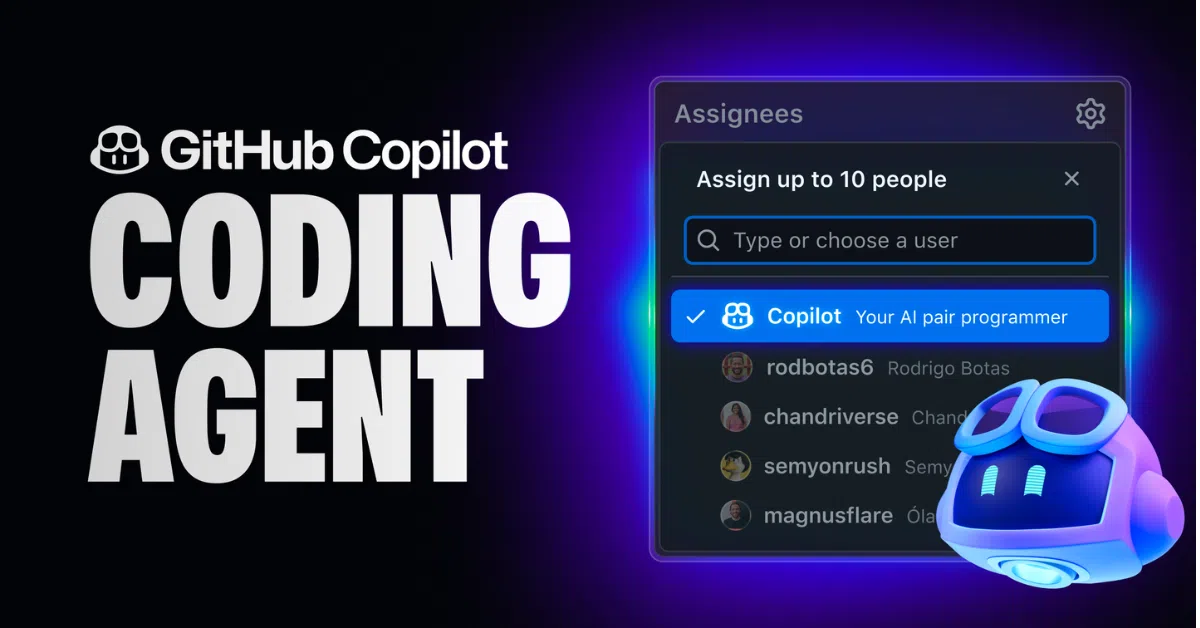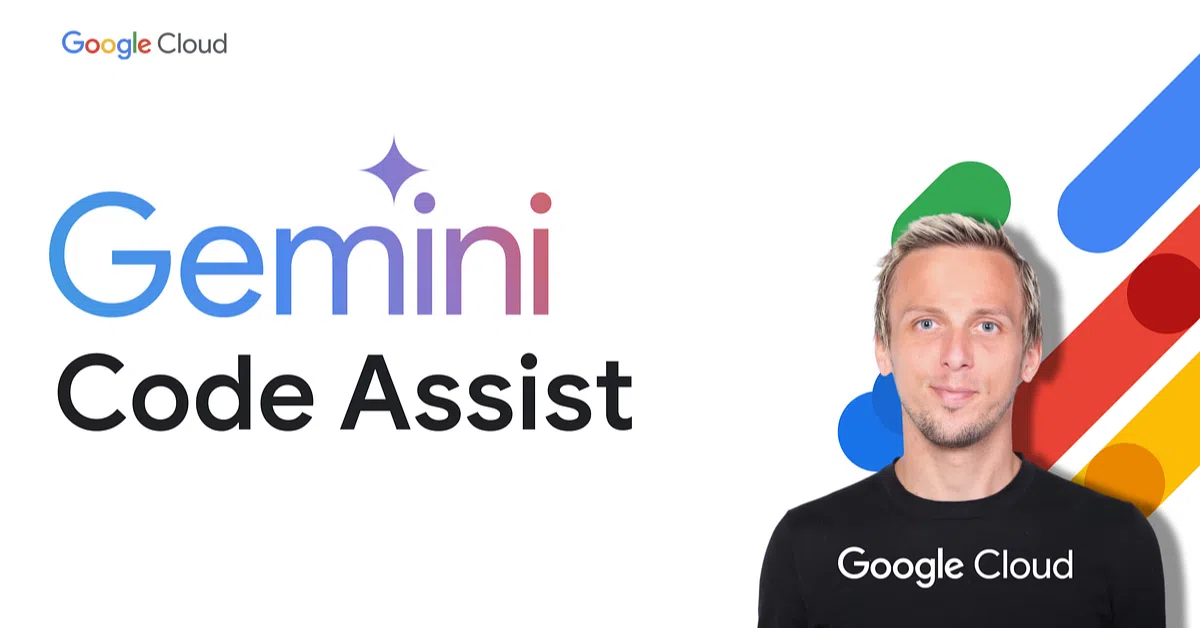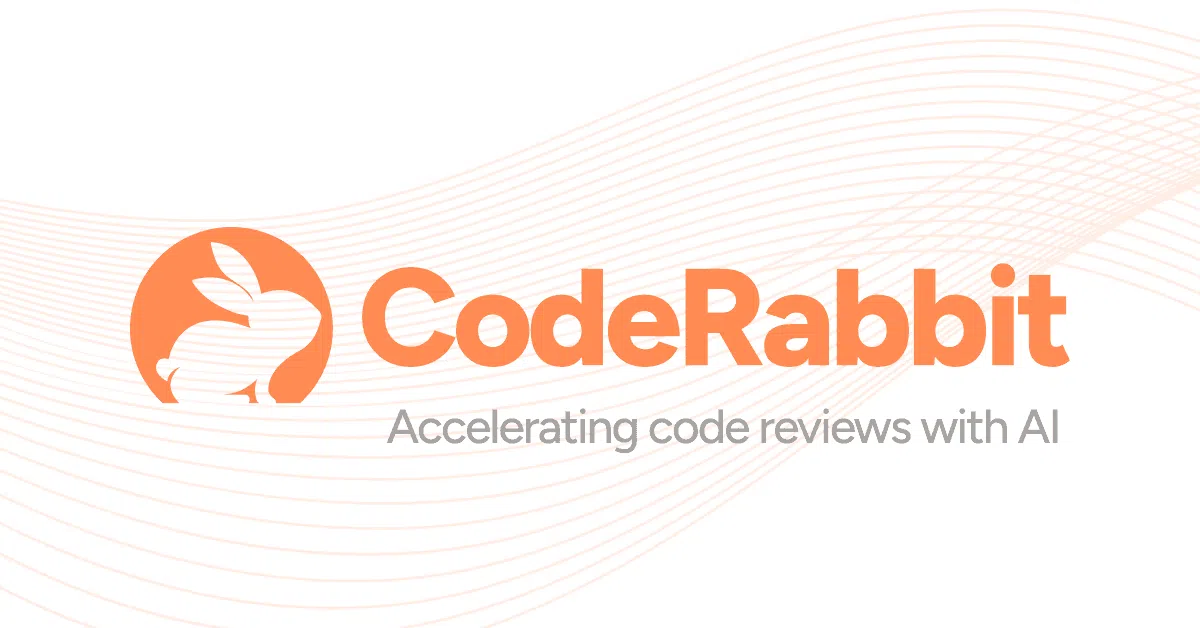AI Dev Tools You Need to Know About
Industry Trends & Innovation
Read Time: 15 mins

For software engineers and developers in 2025, knowing which AI tools can speed up coding, improve code quality, and enhance your overall development process is no longer optional.
The rise of artificial intelligence has changed the way we approach programming languages, code generation, and even code reviews. In this article, we explore some of the best AI tools available today, their key features, and the ways they can fit into your workflow to help you ship better software faster.

 GitHub Copilot remains one of the most popular AI-powered tools for developers. It supports code completions in multiple programming languages and is especially valued for its ability to understand natural language prompts in a developer’s native tongue.
Key Features:
GitHub Copilot remains one of the most popular AI-powered tools for developers. It supports code completions in multiple programming languages and is especially valued for its ability to understand natural language prompts in a developer’s native tongue.
Key Features:
 Gemini Code Assist, developed by Google, is an AI-powered tool with strong contextual awareness that helps developers work more efficiently. Supporting over 20 programming languages, it integrates seamlessly with most popular IDEs, including VS Code and Visual Studio, making it accessible to a wide range of software engineers.
Gemini uses advanced large language models to deliver accurate code completions, generate code snippets, explain complex logic, and suggest improvements based on best practices.
Its smart actions and commands allow developers to fix errors, create functions, and refactor code without unnecessary context switching, reducing development time and improving overall code quality.
Key Features:
Gemini Code Assist, developed by Google, is an AI-powered tool with strong contextual awareness that helps developers work more efficiently. Supporting over 20 programming languages, it integrates seamlessly with most popular IDEs, including VS Code and Visual Studio, making it accessible to a wide range of software engineers.
Gemini uses advanced large language models to deliver accurate code completions, generate code snippets, explain complex logic, and suggest improvements based on best practices.
Its smart actions and commands allow developers to fix errors, create functions, and refactor code without unnecessary context switching, reducing development time and improving overall code quality.
Key Features:
 CodeRabbit is an AI-powered tool designed specifically for code reviews, helping developers and software engineers maintain high code quality throughout the software development lifecycle.
By analyzing each pull request, CodeRabbit can detect logic errors, inconsistent formatting, and missed best practices that might otherwise slip through during manual reviews. Its AI assistance works across multiple programming languages, making it versatile for teams building everything from small web applications to large-scale enterprise systems.
One of CodeRabbit’s most valuable AI features is its contextual awareness. It does not simply check code for syntax issues, it understands the source code in the context of the broader project.
This allows it to provide precise suggestions and even propose one-click fixes for common problems. Developers can also interact with the tool directly inside the code review process, asking questions, generating code snippets, or opening new issues without leaving the conversation.
Beyond reviewing code, CodeRabbit can auto-generate release notes, sprint summaries, and daily standup reports, making it an effective collaboration tool for distributed teams. It integrates with popular version control platforms like GitHub, helping teams manage proprietary code securely while still benefiting from AI-powered insights.
Key Features:
CodeRabbit is an AI-powered tool designed specifically for code reviews, helping developers and software engineers maintain high code quality throughout the software development lifecycle.
By analyzing each pull request, CodeRabbit can detect logic errors, inconsistent formatting, and missed best practices that might otherwise slip through during manual reviews. Its AI assistance works across multiple programming languages, making it versatile for teams building everything from small web applications to large-scale enterprise systems.
One of CodeRabbit’s most valuable AI features is its contextual awareness. It does not simply check code for syntax issues, it understands the source code in the context of the broader project.
This allows it to provide precise suggestions and even propose one-click fixes for common problems. Developers can also interact with the tool directly inside the code review process, asking questions, generating code snippets, or opening new issues without leaving the conversation.
Beyond reviewing code, CodeRabbit can auto-generate release notes, sprint summaries, and daily standup reports, making it an effective collaboration tool for distributed teams. It integrates with popular version control platforms like GitHub, helping teams manage proprietary code securely while still benefiting from AI-powered insights.
Key Features:
Choosing the Right AI Tool for Your Needs
There are more AI development tools launching every month, and each offers unique AI features. The challenge for developers is figuring out which AI assistant or AI-powered tool is right for them. Before committing, ask yourself three guiding questions:- What do I need the tool for? Is it for code generation, documentation, testing, data visualization, or front-end design?
- How should it help me? Should it focus on memory retention, contextual suggestions, chat-based help, or guidance for complex problems?
- Which must-have features matter most? Do you want IDE integration, better natural language processing, AI models with higher accuracy, or support for multiple large language models?
How AI Development Tools Are Changing the Way Developers Work
AI development tools have become an essential part of the modern software development process. These AI-powered tools combine artificial intelligence, large language models, machine learning, and natural language processing to help developers work faster and more efficiently. They can generate boilerplate code, improve code quality, automate code reviews, and even create unit tests, all while providing guidance based on best practices for different programming languages. By integrating directly with popular IDEs like VS Code, Visual Studio, and other development environments, AI tools can analyze source code in real time, understand project context, and offer tailored suggestions. They help software engineers manage proprietary code securely, streamline version control workflows, and reduce development time by automating repetitive tasks. For teams working on web applications or complex systems, these AI assistants and AI agents improve collaboration by ensuring consistent coding standards and offering actionable insights. Whether using a free plan, team plan, or business plan, the best AI tools allow developers to focus on solving complex problems while the AI handles repetitive coding tasks. In practice, they are not replacing developers, but rather amplifying their abilities and speeding up innovation.Top AI Dev Tools 2025

Pieces for Developers
Pieces for Developers is more than just another AI app for code generation. This AI-powered tool is built to support developers throughout the software development process by correcting mistakes in real time, remembering recurring warnings, assisting with research, and eliminating version errors before they cause problems. It integrates with popular IDEs like VS Code and runs locally for enhanced security, making it suitable for projects involving proprietary code. Developers can save and reuse code snippets, receive context-aware suggestions, and leverage AI assistance to streamline their workflow, improve code quality, and reduce overall development time. Key Features:- Runs locally for improved security when working with proprietary code.
- Works in any browser and integrates with popular IDEs including Visual Studio Code.
- Chat-based help through the Pieces Copilot for natural language interactions.
- Saves and shares code snippets for context-based responses.
- Offers a free plan to get started quickly.
v0 by Vercel
v0 by Vercel is an AI tool designed for developers who work within the shadcn, Next.js, and Vercel ecosystem. It is considered one of the best AI tools for front-end software development and for building modern web applications quickly and efficiently. With built-in support for code generation, live previews, and easy editing of components, v0 helps developers reduce boilerplate code and accelerate their development process. It also includes deployment capabilities directly from the interface, allowing teams to move from idea to production faster while maintaining consistent code quality. Key Features:- Pre-built starter templates to reduce boilerplate code.
- Live previews that let you edit text and components directly.
- Built-in deployment feature to ship projects faster.
GitHub Copilot
 GitHub Copilot remains one of the most popular AI-powered tools for developers. It supports code completions in multiple programming languages and is especially valued for its ability to understand natural language prompts in a developer’s native tongue.
Key Features:
GitHub Copilot remains one of the most popular AI-powered tools for developers. It supports code completions in multiple programming languages and is especially valued for its ability to understand natural language prompts in a developer’s native tongue.
Key Features:
- Integration with VS Code, Visual Studio, and other popular IDEs.
- Knowledge base creation for source code context.
- Automatic pull request summaries for faster code reviews.
Windsurf Editor
The Windsurf Editor markets itself as the first agentic IDE, powered by AI agents capable of making independent decisions. It is designed to work with AI models in real time for AI assistance. Key Features:- Flows engine for continuous collaboration between the developer and AI.
- Super-fast code completion with in-house AI models.
- Direct editing of source code with keyboard shortcuts.
Aider
Aider is an open-source AI tool that runs in your terminal, making it ideal for developers who prefer command-line work. It integrates with GitHub repositories and supports multiple large language models including GPT-4o and Claude 3.5 Sonnet. Key Features:- Git integration for automated commits with meaningful messages.
- Voice-based coding support.
- Ability to edit multiple files simultaneously.
Gemini Code Assist
 Gemini Code Assist, developed by Google, is an AI-powered tool with strong contextual awareness that helps developers work more efficiently. Supporting over 20 programming languages, it integrates seamlessly with most popular IDEs, including VS Code and Visual Studio, making it accessible to a wide range of software engineers.
Gemini uses advanced large language models to deliver accurate code completions, generate code snippets, explain complex logic, and suggest improvements based on best practices.
Its smart actions and commands allow developers to fix errors, create functions, and refactor code without unnecessary context switching, reducing development time and improving overall code quality.
Key Features:
Gemini Code Assist, developed by Google, is an AI-powered tool with strong contextual awareness that helps developers work more efficiently. Supporting over 20 programming languages, it integrates seamlessly with most popular IDEs, including VS Code and Visual Studio, making it accessible to a wide range of software engineers.
Gemini uses advanced large language models to deliver accurate code completions, generate code snippets, explain complex logic, and suggest improvements based on best practices.
Its smart actions and commands allow developers to fix errors, create functions, and refactor code without unnecessary context switching, reducing development time and improving overall code quality.
Key Features:
- Smart actions for quick bug fixes, code explanation, and generation.
- Ability to work with proprietary codebases for custom AI responses.
- Powered by large language models for handling cross-file dependencies.
GitLab Duo
GitLab Duo delivers AI assistance across the entire software development process, supporting developers from the initial stages of coding and testing all the way through to deployment. This AI-powered tool integrates directly into the GitLab platform, allowing teams to work within a single environment while benefiting from intelligent AI features. It can write and explain code, suggest improvements, identify vulnerabilities, and even auto-generate pull request content. For CI/CD pipelines, GitLab Duo offers AI-assisted root cause analysis, helping teams quickly resolve failed jobs and keep projects on track. By combining these capabilities with built-in version control and collaboration tools, GitLab Duo streamlines workflows, improves code quality, and reduces development time for teams of all sizes. Key Features:- AI-assisted vulnerability detection and remediation.
- Root cause analysis for CI/CD job failures.
- ROI insights to measure the impact of AI tools on your workflow.
CodeRabbit
 CodeRabbit is an AI-powered tool designed specifically for code reviews, helping developers and software engineers maintain high code quality throughout the software development lifecycle.
By analyzing each pull request, CodeRabbit can detect logic errors, inconsistent formatting, and missed best practices that might otherwise slip through during manual reviews. Its AI assistance works across multiple programming languages, making it versatile for teams building everything from small web applications to large-scale enterprise systems.
One of CodeRabbit’s most valuable AI features is its contextual awareness. It does not simply check code for syntax issues, it understands the source code in the context of the broader project.
This allows it to provide precise suggestions and even propose one-click fixes for common problems. Developers can also interact with the tool directly inside the code review process, asking questions, generating code snippets, or opening new issues without leaving the conversation.
Beyond reviewing code, CodeRabbit can auto-generate release notes, sprint summaries, and daily standup reports, making it an effective collaboration tool for distributed teams. It integrates with popular version control platforms like GitHub, helping teams manage proprietary code securely while still benefiting from AI-powered insights.
Key Features:
CodeRabbit is an AI-powered tool designed specifically for code reviews, helping developers and software engineers maintain high code quality throughout the software development lifecycle.
By analyzing each pull request, CodeRabbit can detect logic errors, inconsistent formatting, and missed best practices that might otherwise slip through during manual reviews. Its AI assistance works across multiple programming languages, making it versatile for teams building everything from small web applications to large-scale enterprise systems.
One of CodeRabbit’s most valuable AI features is its contextual awareness. It does not simply check code for syntax issues, it understands the source code in the context of the broader project.
This allows it to provide precise suggestions and even propose one-click fixes for common problems. Developers can also interact with the tool directly inside the code review process, asking questions, generating code snippets, or opening new issues without leaving the conversation.
Beyond reviewing code, CodeRabbit can auto-generate release notes, sprint summaries, and daily standup reports, making it an effective collaboration tool for distributed teams. It integrates with popular version control platforms like GitHub, helping teams manage proprietary code securely while still benefiting from AI-powered insights.
Key Features:
- Context-aware line-by-line reviews with 1-click fixes.
- Auto-generation of release notes and sprint summaries.
- Real-time chat in code review comments for follow-up questions.
Qodo
Qodo is an AI-powered development tool available as both a VS Code extension and a JetBrains plugin, making it accessible to developers who work in the most popular IDEs. It specializes in generating unit tests, improving test coverage, and creating detailed pull request documentation, which helps maintain high code quality across projects. One of Qodo’s standout AI features is its ability to quickly generate unit tests that cover not only the main functionality but also edge cases, ensuring more reliable and maintainable source code. Developers can trigger these actions with intuitive quick commands like /quick-test for test generation, /ask for instant AI assistance, and /explain for plain-text explanations of complex code. Beyond testing, Qodo can assist with code reviews by identifying bugs, security vulnerabilities, and performance issues, ranking them by severity so teams know what to address first. It can also automatically create PR summaries that outline changes in clear language, which is particularly valuable for distributed teams working on web applications or large codebases. Key Features:- Commands like /quick-test for instant test creation and /explain for plain-text explanations.
- Customizable outputs to match team coding standards.
- Detection of bugs and vulnerabilities with ranked severity.
